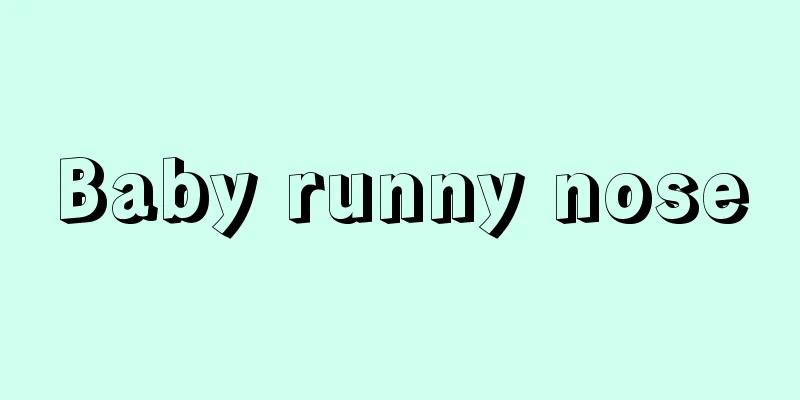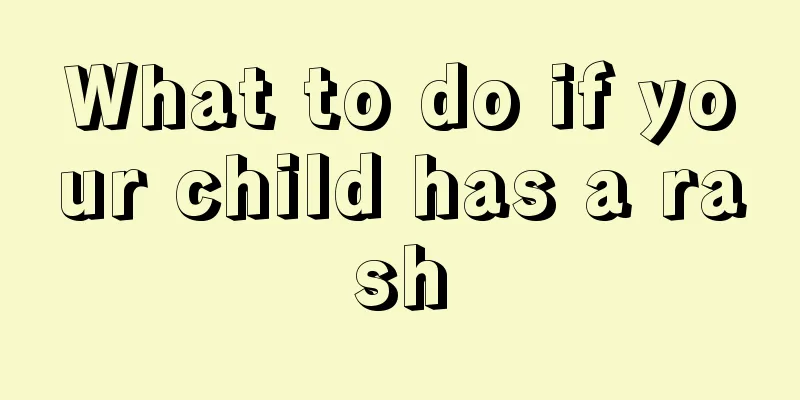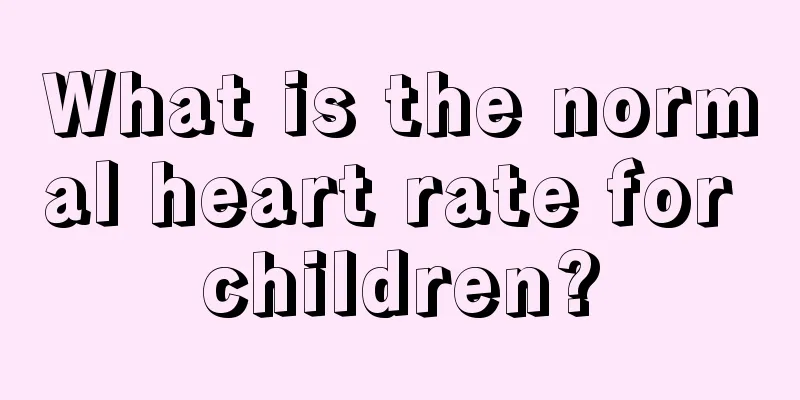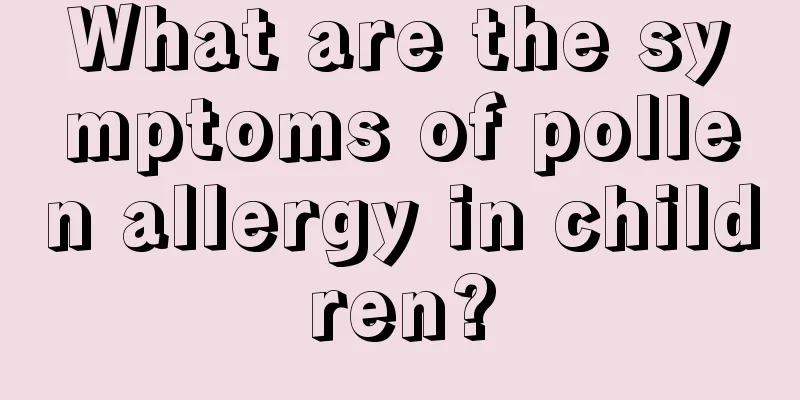Your baby's teeth are not growing in order
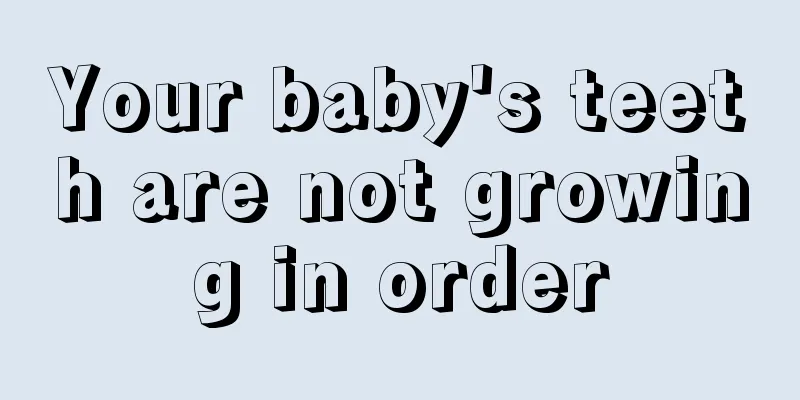
|
Most mothers know that the baby's teeth will grow out first, then the surrounding teeth will grow out slowly, and finally the molars will grow out. However, not every child will grow in this order. So some mothers will be confused when their baby's teeth grow irregularly, and they are afraid that it is because the baby is lacking elements in the process of taking care of the baby. So why is the baby's teeth not growing in order? Teething basically occurs in a certain order, usually the mandible before the maxilla, and from front to back. The first tooth to erupt is usually the lower middle incisor, followed by the upper middle incisor, and then the teeth on the left and right next to the middle incisor. But not all babies grow teeth in the correct order. It is normal for some babies' teeth to grow out of order. In short, their teeth will grow in an orderly manner, so don't worry. When babies teeth erupt, it often happens naturally without them noticing. During the period when babies are teething, it is important to provide them with various nutrients, especially essential nutrients such as vitamin D, calcium, phosphorus, etc. that are related to bone development. To this end, the baby's diet should be diversified, and eggs, meat puree, fish puree, vegetable puree, and fruit puree can be given to ensure nutrition, while paying attention to supplementing calcium and vitamin D. In addition, some babies may experience local itching, drooling, etc. before their deciduous teeth erupt. This is normal and does not require treatment. But at this time, you can consciously give the baby some hard food such as biscuits to let him grind his teeth, which can promote the eruption of deciduous teeth. If the baby still has no teeth after 10 months, parents do not need to worry too much. As long as the baby is healthy and has no diseases, it is not a problem for the first tooth to come out at the age of 1. However, if the first tooth has not erupted or there is no sign of tooth eruption after one year old, it is necessary to consider whether the lack of nutrient supply or diseases such as rickets are hindering the eruption of deciduous teeth. Situations that your baby may encounter when teething 1. Fever. Some babies will have a low fever when they are teething, and most of the body temperatures are below 38.0 (rectal temperature). 2. Drooling. When the teeth first erupt, they stimulate the nerve endings on the gums, increasing saliva secretion, but the baby will not swallow too much saliva at once, causing involuntary drooling. 3. Itch. Because the germ pushes upward when it erupts, the baby often feels itchy and uncomfortable, so he likes to bite the nipple, people, or hard objects to eliminate the discomfort. |
<<: Is it good for newborns to eat DHA?
>>: Causes of black teeth in children
Recommend
What's wrong with my child's cough and low-grade fever?
The phenomenon of low fever is indeed very common...
How to treat cataracts in children?
Nowadays, many children in society suffer from ca...
How to check baby allergies
Because the chance of allergies will increase gre...
What should I do if my child doesn't grow taller?
The physical development of children always recei...
What to do if your one-year-old baby has yellow hair
The baby's hair turns yellow when he is just ...
Children's vision development standards and the best time to check
Nowadays, there are many people with myopia, espe...
How to discipline a 7-year-old child who is disobedient
A seven-year-old child is in the stage of persona...
Why do children have purple eye bags?
Every child is a treasure in the palm of his pare...
Lymph nodes behind the ears
Nowadays, many parents are more concerned about t...
If the baby teeth are rotten, will the permanent teeth be fine?
Primary teeth are also the type of teeth that app...
It is normal for newborns to roll their eyes when sleeping
Babies have many sleeping problems. Sometimes som...
How does traditional Chinese medicine treat children’s allergic cough?
I believe many people are familiar with coughing....
Symptoms of sepsis in infants
Every change in the baby after birth is watched b...
What are the drugs for treating ADHD?
The term ADHD may not be unfamiliar to parents wh...
The most effective way to treat jaundice
After a child is born, many vital signs need to b...

